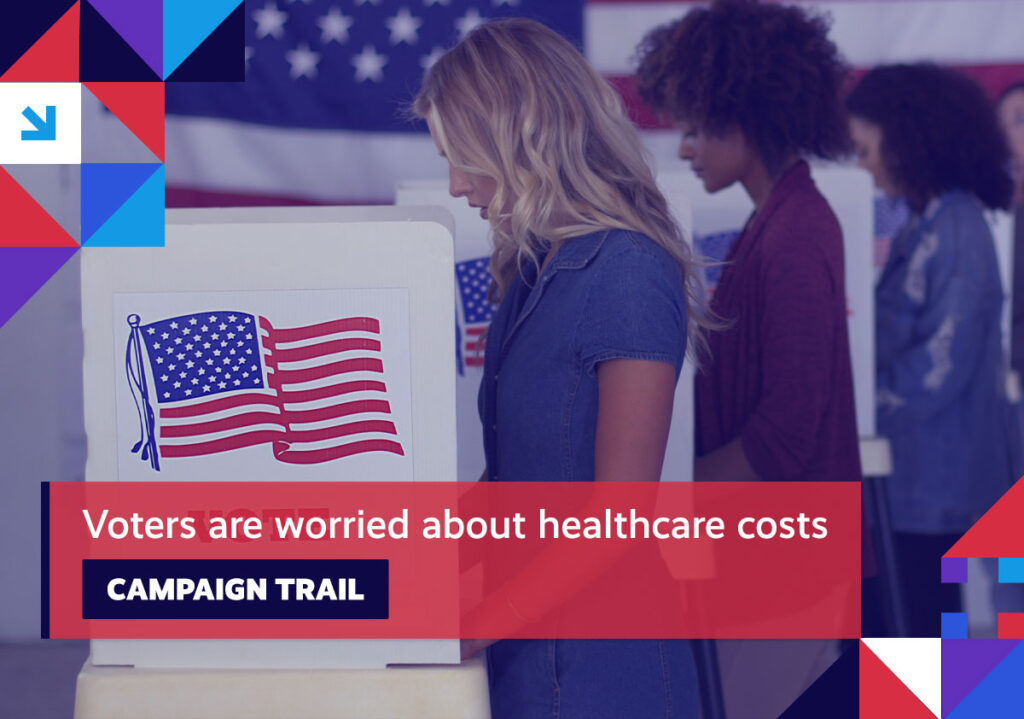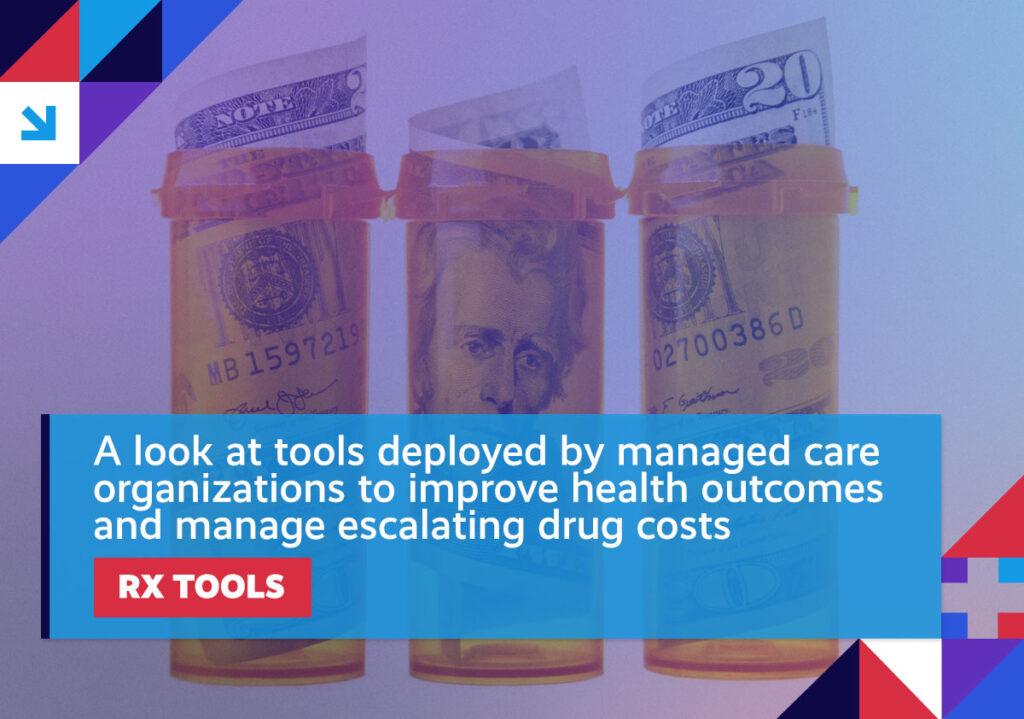A quick roundup of the issues driving the healthcare reform conversation.

Week in Review
MEDICARE ADVANTAGE Studies reinforce the value of Medicare Advantage.
Quick takeaway: A growing body of research underscores how Medicare Advantage (MA) excels in delivering better quality care and lower costs to 33 million beneficiaries compared to original Fee-for-Service (FFS) Medicare.
Digging deeper: Four recent studies show how MA delivers higher quality healthcare at lower costs to more diverse populations, with better rates of preventive services, and increased taxpayer savings:
- Trust fund solvency. Data demonstrates that if FFS was run as efficiently as MA, spending would decrease, extending the life of the program by 17 years.
- MA value. A strict apples-to-apples comparison shows that FFS costs more than government estimates, suggesting that MA delivers critical savings to the program.
- HEDIS measures. Health Effectiveness Data and Information Set (HEDIS) measures detail how MA plans provide superior quality of care and better rates of preventive services than FFS, while delivering greater cost efficiency.
- Demographics. More Americans from diverse populations choose MA over FFS than ever before.
What it means: Against this backdrop, stakeholders are warning the Administration that proposed cuts to Medicare Advantage’s underlying funding and administrative structure would not only further destabilize the program after years of similar cuts and modifications, but lead to increased costs and reduced benefits for the more than half of all Medicare-eligible seniors now enrolled in MA plans.
PRIOR AUTHORIZATION Medicare acknowledges the importance of prior authorization.
Quick takeaway: Despite the inflamed rhetoric surrounding the use of prior authorization, the Medicare program is quietly adding pre-treatment approval requirements.
Digging deeper: The inclusion of prior authorization before patients can receive care at certain outpatient facilities that have seen a sharp increase in billing clearly shows that even Medicare recognizes how important a tool prior authorization is in helping control costs.
What it means: States and the federal government have focused their attention on cracking down on prior authorization. However, their efforts overshadow the critical role care coordination plays, which is to make sure that health plans and governments don’t waste money on, or expose patients to, inappropriate or ineffective care.
SURPRISE MEDICAL BILLING Consumer protections against surprise medical bills lead to increased access.
Quick takeaway: New data shows an increase in in-network participation among providers and specialists in the wake of the No Surprises Act (NSA).
Digging deeper: The report, compiled by FAIR Health, analyzed national claims data from 2019 to 2023 (which includes 2 years under the NSA) and focused on four specialties frequently associated with surprise medical bills: Anesthesia, emergency medicine, pathology, and radiology.
Highlights from the report include:
- Between the 4th quarter of 2021 and through the 1st quarter of 2022 (when the NSA went into effect), there was an observable increase in in-network percentages nationally, in all regions and across all specialties.
- In-network percentages across all specialties increased 7 percent from the beginning of 2019 to the 3rd quarter of 2023.
- Over that same period, radiology had the highest percentage of in-network claims at over 89 percent and increased by 4 percent.
- Meanwhile, emergency medicine had the lowest percentage of in-network claims, but the greatest increase overall at 13.2 percent.
What it means: As highlighted last week, disputes over surprise medical bills continue to vastly outpace initial projections.
However, the NSA also continues to prevent more than 1 million surprise medical bills from hitting patients every month, while growing provider networks.
PBM VALUE Employers value their relationships with their PBMs.
Quick takeaway: Pharmacy Benefit Mangers (PBMs) give employers choice and flexibility when it comes to providing quality, affordable prescription drug benefits to their employees.
Digging deeper: The operative words in describing the relationship PBMs share with their employer customers and plan sponsors are choice and flexibility.
Owing to the pharmaceutical industry’s manipulation of the prevailing narrative surrounding out-of-control drug prices, so much of the legislative and regulatory focus aimed at bending that cost curve down has centered around PBMs’ role in the larger drug supply chain.
But, stakeholders are pushing back, reminding lawmakers and regulators that decision-making is what lies at the heart of this relationship – in other words, PBMs make benefits recommendations to their customers based on their unique needs. It’s those customers who then decide for themselves how to customize their benefits.
What it means: Beyond that, stakeholders are also reinforcing that it’s drugmakers who ultimately bear responsibility for driving up healthcare costs for everyone through their pricing practices and anti-competitive tactics.
Spotlight

| You can keep up with the latest by following the Health Action Network on X and by liking us on Facebook. And, be sure to check us out on LinkedIn, too. As always, let us know if there’s something you’d like to see covered in a future newsletter. |
The Health Action Network includes everyday Americans—families, workers, businesses, patients, providers, neighbors, and friends. We are working together because we support market-based solutions that offer better healthcare choices and help build a stronger economy. The Health Action Network is an Elevance Health, Inc., initiative.
